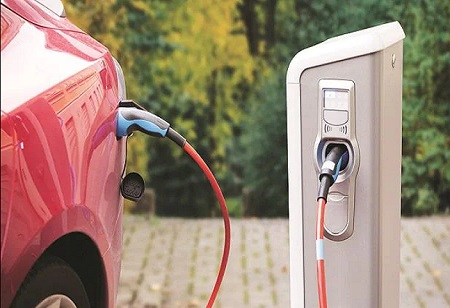VE Commercial Vehicle (VECV), a joint venture between Eicher Motors and Volvo Group, is considering carving out a separate unit to participate in the country's growing electric vehicle segment, people aware of the company's plan said.
As per the sources, VECV would be open to private equity funding.
If VECV participates in the government's tender for 5,000 electric buses, the new entity would need funds to acquire a fleet of buses and operate them as mandated under the gross cost contract clause of the tender.
As per information, the company is not only working on 9- and 12-m electric buses, but aims to participate in the country's emerging electric trucks space also. VECV is also working on bringing out 5-tonne and 55-tonne electric trucks.
According to the sources, the firm plans to invest close to Rs 1,500 crore over the next three years to prepare itself for the growing demand for EVs in India and the government's new regulations.
Vinod Agarwal, managing director of VECV, declined to comment on the quantum of investment, but said the company will continue to invest to upgrade its portfolio of products and be ready to participate in the growing EV space.
"We are continuing to build our business and build a portfolio to be future ready. There is investment being made for electric vehicles, in upgrading the existing portfolio to meet future BS VI phase II and also to enter into new segments, including CNG and LNG, to expand business," Agarwal stated.
The company will be participating in the tender floated by Convergence Energy Services Ltd., a subsidiary of state-run Energy Efficiency Services Ltd., to purchase 5,000 electric buses. And since the tender mandates a commercial vehicle maker to operate the fleet as well, which may call for a separate arm, Agarwal said "the company will be making desirable changes to operationalise and participate in the electric buses tender".
He, however, was non-committal on raising funds.
Agarwal said the firm has placed all the key critical pillars in place--right from capacity, products, network and systems and processes to capitalising on the expected up-cycle.
According to Agarwal, the company would focus on sustainable, profitable growth instead of running behind market share.
